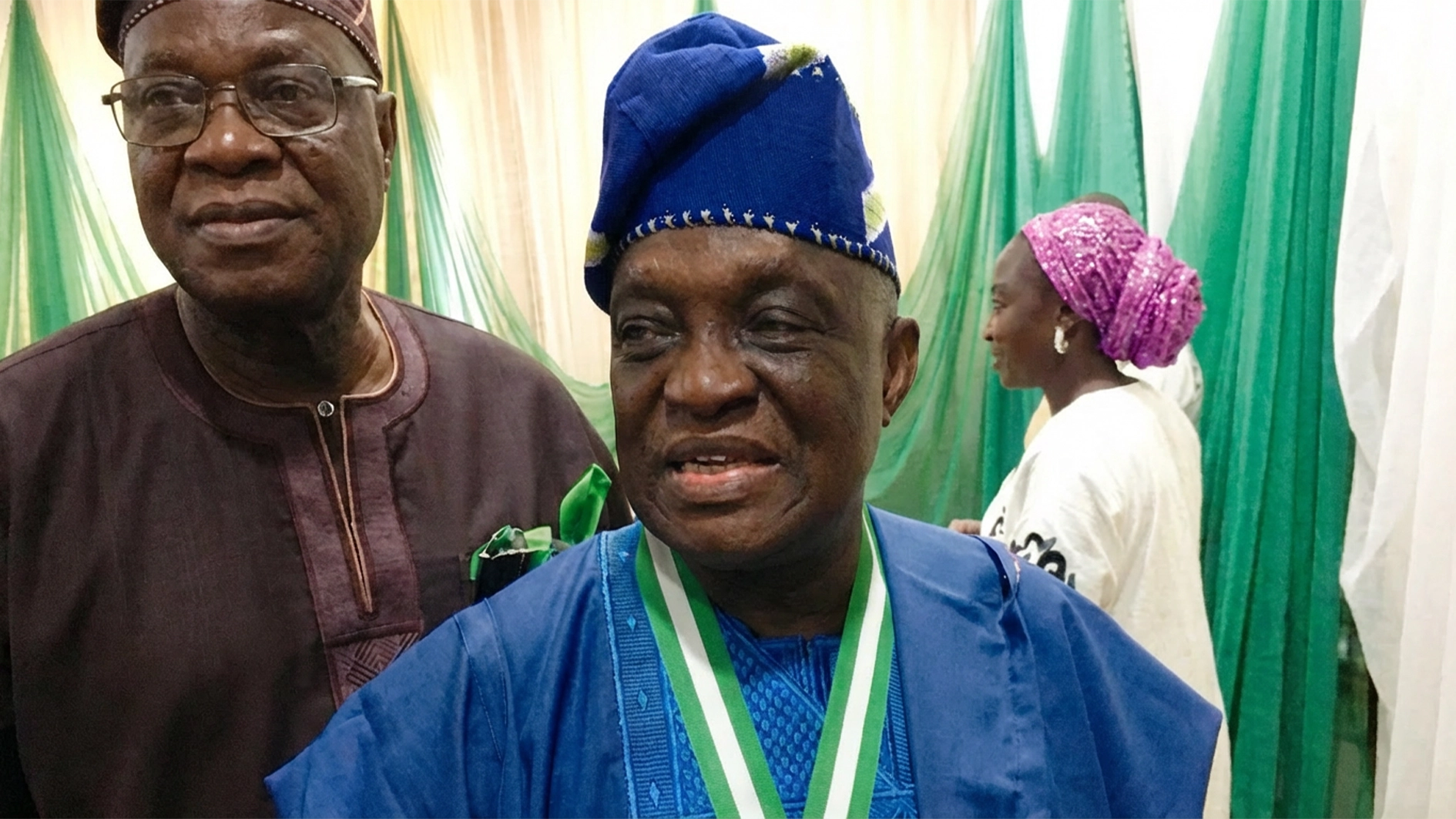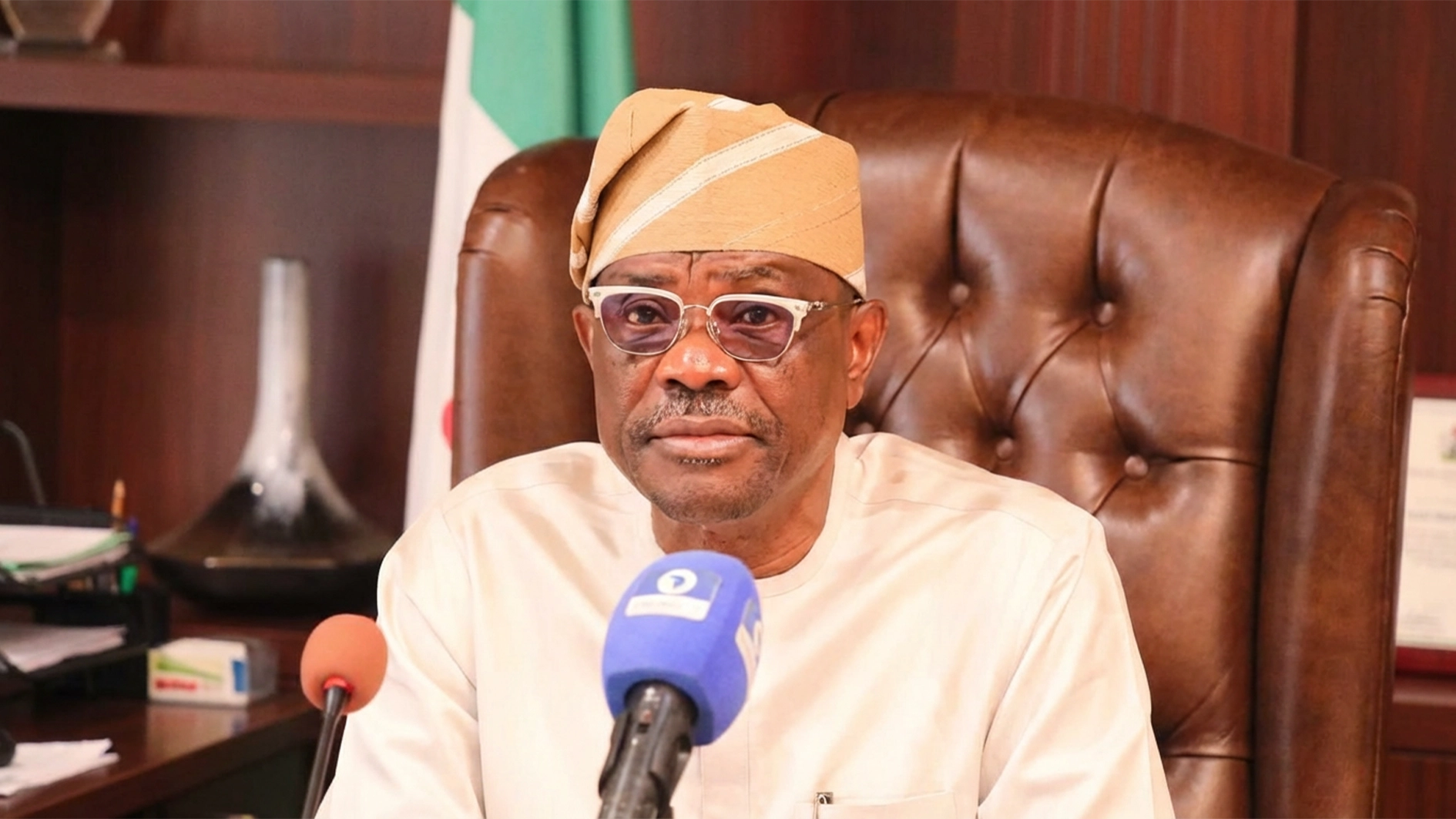
Professor Olu Obafemi’s pleasurable pleasure keeps on tantalising us. And what should I say? We kindly should keep on our date with his thoughtful thoughts that we all need at no better time than now. We should do so without bitterness or poisoned anger.
On-going decline in University funding
For many decades, and in the last two decades in particular, the funding to/of federal universities have been undergoing unchecked decline, with growing nostalgia and worrying concern over the return of previous years’ allocation, in spite of continuing, unfulfilled promises of government to increase appropriation to education, especially tertiary education.
Educationists and unions have continued to cite UNESCO minimum standard of 26 per cent. – Or, at least between 15 per cent and 20 per cent.
Tables show this decline of national budget allocation to education. For example, GS Halidu (2015) painted a graphic picture of declining funding of universities, drawing from his research on and assessment of the Ahmadu Bello University experience in which there was the grave shortfall in the University Allocation in the 1975/76 session, marking the un-reversed history of the decline of appropriation to Nigerian universities.
Gambo et al provide a graphic, telling table which reflects this perennial downturn of budgetary allocation to education between 2009 and 2018 which may deceptively show a rise in figure from N221.01 million in 2009, to N805.8million, but which in reality reflects a decrease from 2009 in 7.25 per cent to 7.03 per cent in percentage. In reality, the share to education of the national annual budget in all these years has fallen far below the 10 per cent mark!
During the last re-negotiation exercise, then President Buhari, at a meeting of ECOWAS, announced his intention to raise Federal Allocation to Education to between 15 and 20 per cent. But if we compare that statement to government’s refusal to accept our recommendation, which was just above 10 per cent, the un-seriousness, if not deception, in governance would become palpable. This is buttressed by the fact that throughout Buhari’s regime, budgetary allocation stood under eight per cent:
Some of the factors characterizing government attitude to funding education must be reappraised.
The crass anti-intellectualism of the military during its incessant interregnum into the political life of the country. The military ruled the nation from 1966 to 1979, after which there was civilian democracy of less than four years (1979 to 1983). It ruled again from 1984 to 1999. In spite of the massive influx of oil during the oil boom, education suffered the most under the military.
Most of the rulers since then are in civilian garbs but are in nature, character and disposition, militocrats (except during the brief aegis of Yar’Adua, Jonathan and the current President who are essentially civilian politicians).
The contemptuous attitude and mannerism of government people for university education, starting with a period when Gowon arrogantly (in humorous ignorance) removed a Vice-Chancellor’s cap to do a mendicancy show epitomise the disdain and distemper of military rulers for education. Halidu (2015) reinforced Okebukola’s (2002, The Status of University Education in Nigeria) submission on the adverse impact of poor funding on ‘condition of service, acute shortage of research and learning facilities for both staff and students and depletion in academic staff through brain drain’ resulting in the unchecked and fundamental rot in the university system ‘especially at the ‘social, infrastructural and intellectual levels’.
The massive human flight today, especially from universities took its root during the harrowing two decades; 1977-1997 as diagnosed separately by Arikewuyo (2008) and Sanni (2009), a socio-economically crippling clime when the apt metaphor of ‘my take-home pay cannot take me home,’ and the clownery of a boss who pays a jokish wag, coined by ASUU, is one which has remained the proverbial reality of the gross welfare inadequacy for university teachers even today.
We all feel in our bones and live through the grave pauperization of university workers in our nation today. Truth is, as I said earlier in Gombe (2014), “It would appear that there is no correlation between government’s perception of where it ought to be on the world’s economic scale, and how it prepares itself in its educational output for getting there. A grossly inadequate proportion of the nation’s budget is allocated to education.’’
For instance, in the 2012 fiscal year, N415 billion, representing 8.43 per cent of the budget was allocated to education. The 2013 fiscal year Budget, christened “Fiscal Consolidation with Inclusive Growth” signifies some growth. It presented the sum of N.4.98 trillion. Of that projection, the Education sector received N426.53 billion amounting to 8.7 per cent. This is a far cry from the international Benchmark for developing countries (26 per cent).
Drawn comparatively against the backdrop of performance by a few other nations on the anticipated quantum to be spent on the Millennium Development Goals (MDG), by UNESCO, Nigeria lags behind its counterparts. For instance, Ghana allocated 31 per cent, South Africa, 25.8 per cent, Corte d’ 30 per cent, Kenya 23 per cent and Morocco, 17.7 per cent of their annual budgets to education (Olu Obafemi, citing from Abayomi (2012).
What is even more worrisome is the discovery that there is consistent decline, rather than an ascent, in the recurrent expenditure for education since 2000, which recorded 12.56 per cent; 2002-11.56 per cent; 2011-10’56 per cent.
Now we have seen other allocations since then till date in 2024 with its only character as a constant drawback. This renders tenuous political pronouncements and pious declarations of socio-economic aspirations founded on a sound educational foundation. Permit this small digression.
Obasanjo, whose regime is usually quoted at a time when an appreciable improvement on the salaries of workers was experienced, could not stand collective bargaining and made arbitrary allocations to universities as to the rest of the workforce, just as Buhari flouted and dis-honoured most of the products of negotiations with university labour organizations during his reign.
Collectively, the military oligarchs, under whatever cloaks, brought the university system to its knees. The Federal Government’s civilianised democracy has not fared better than the military in funding universities since the Third Republic till now—1999-2023 as exemplified in the figures above. They probably may have performed worse.
The promise of an era of renewed hope by the present government was heartwarming. But that was before the 2024 Budget and Appropriation was released in December 2023. The International Centre for Investigative Reporting provided a reliable but dispiriting data of a less than seven per cent Budgetary Allocation to Education for 2024.
The proposed net budget is given as N24.08 trillion out of which education received N1.4 trillion or 5.98 per cent (we must note that the net budget is less taxes and vats) There was applause in the education sector when it was reported that President Tinubu was committed to raising budgetary allocation from a ‘paltry five per cent to 25 per cent, reflecting a commitment to the prioritisation of education as a national policy.
This breath-ceasing disclosure was made by the Federal Minister of Education, on behalf of the President on Monday, August 11, 2023, with a promise that government will initiate a new and creative way of funding education which will espouse the commitment to Nigeria’s capacity to fulfill Nigeria’s line of the Sustainable Development Goal 2030.
There is hardly any connection between this rosy picture painted here and the bleak reality of the budget as it concerns education. President Tinubu must, obviously, mean well, but presently showing deficit in action, needing to materialise renewed hope in the real policies and activities that he brings to bear in governance.
To be continued.
Afejuku can be reached via: 08055213059.






